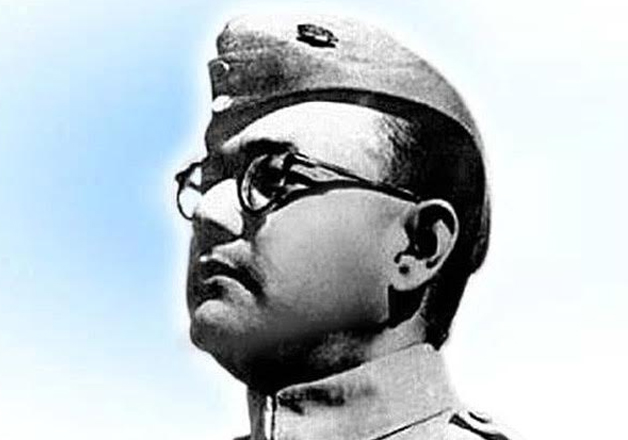Kolkata: The government in 1964 could not confirm reports which alleged that Netaji Subhas Chandra Bose was declared a war criminal by an international court in Tokyo after World War II.
A man named CC Chatterji of Lucknow had written a letter to the Ministry of External Affairs (MEA) on January 2, 1964 that a committee of eminent jurists be appointed to go into all the aspects of the judgment that had allegedly declared Netaji a war criminal in Tokyo.
The MEA referred the matter to the Defence Ministry and the Law Ministry seeking relevant information in this regard, said one of the files in a set of 50 files released by the Narendra Modi government on Tuesday.
The then government had also asked the Indian embassy in Tokyo to find out the same.
"We have made inquiries with the Japanese Foreign Offices and academic circles here who have given a tentative confirmation that Netaji Subhas Chandra Bose was not declared a war criminal. The question does not arise because he was never captured by the allies," the embassy said in a written response to the MEA.
Similarly, the permanent mission of India to the UN also said Bose's name did not appear in the list of people tried for war crimes.
"It is presumed that the reference to the judgment of the International Court in Tokyo is a reference to the judgment of International Military Tribunal of the Far East delivered on November 4, 1948. There does not appear to have any direct connection between the work of United Nations War Crime Commission and the work of this tribunal. From the judgment of the tribunal, it does not appear that Netaji Subhas Chandra Bose's name figured in that list of person tried," India's permanent mission to UN said.
When India failed to forestall a British documentary belittling Netaji
Despite efforts by then prime minister Indira Gandhi, the Indian government couldn't forestall the screening of a 1984 British documentary that projected Netaji Subhas Chandra Bose as a "traitor", reveals a declassified file.
According to the PMO file, the then West Bengal chief minister Jyoti Basu had written to Indira Gandhi urging her take up the matter with the British government for stalling the screening of "The War of the Springing Tiger" by Granada Television.
"It is reported by those who have seen the preview of the film in London, that Netaji has been labelled in it as clown in jackboots and he has been projected as a traitor to the country," Basu said in his letter dated January 21, 1984.
Basu also revealed that "a section of Indians including (Netaji's nephew) Sisir Bose had extended their help in producing the film".
"I would request you to take up the matter with the UK government immediately and urge upon them to take suitable action to prevent the screening in any part of the world as was done in the case of the film 'Death of a Princess'," wrote Basu.
In her reply, Indira Gandhi informed Basu that despite efforts, the screening of the documentary couldn't be forestalled.
"We did all we could to forestall the showing of this film on the British TV but could succeed. In view of the feelings within the country, this matter is being taken up with the British government.
"But even if the government is willing, I am told that the BBC does not always oblige," Indira Gandhi said in her February 15 reply.
Produced by Granada Television, "The War of the Springing Tiger" documented the "40,000 men who deserted the Indian Army" to fight alongside the Japanese against the British during World War II for an independent India, led by Subhas Chandra Bose.
With IANS Inputs

